Gevo has officially finalized and secured a federal grant agreement with the U.S. Department of Agriculture (USDA) for a grant of up to $30 million for Gevo’s Climate-Smart Farm-to-Flight Program.
This program is aimed at tracking and quantifying the carbon-intensity impact of climate-smart practices while creating market incentives for low carbon-intensity (CI) corn to help accelerate production of sustainable aviation fuel (SAF) and low-CI ethanol.
With the leadership and support of the USDA, this grant will play a pivotal role in expediting the adoption of climate-smart farming practices and immediate market expansion of field-tracked, low-CI corn destined for SAF production in the area surrounding Gevo’s previously announced Net-Zero 1 SAF plant, currently under development in Lake Preston, South Dakota.

Read the new issue of
SmartFarm Today
in a digital flipbook here
The project will also accelerate the market adoption for climate-smart corn in close collaboration with Southwest Iowa Renewable Energy (SIRE), a dry-mill corn-based ethanol facility located near Council Bluffs, Iowa. This project specifically aims to enroll majority female-owned farms in southeast Iowa and southeast Nebraska and Native American tribal organizations in South Dakota, including the Standing Rock Sioux Tribe, groups the USDA considers historically underserved.
“Our Farm-to-Flight Program aims to count all the carbon at the field level and reward farmers on a performance basis for delivering low-CI corn, as well as to accelerate the production of SAF to reduce dependency on fossil-based fuel. The program will focus on creating a market for carbon insets and sharing tools with farmers to help quantify the CI reductions.”
Dr. Paul Bloom, chief carbon officer and chief innovation officer for Gevo, Inc. and Head of Verity
For More Information on the Partnerships for Climate-Smart Commodities, view Gevo’s dashboard page here.
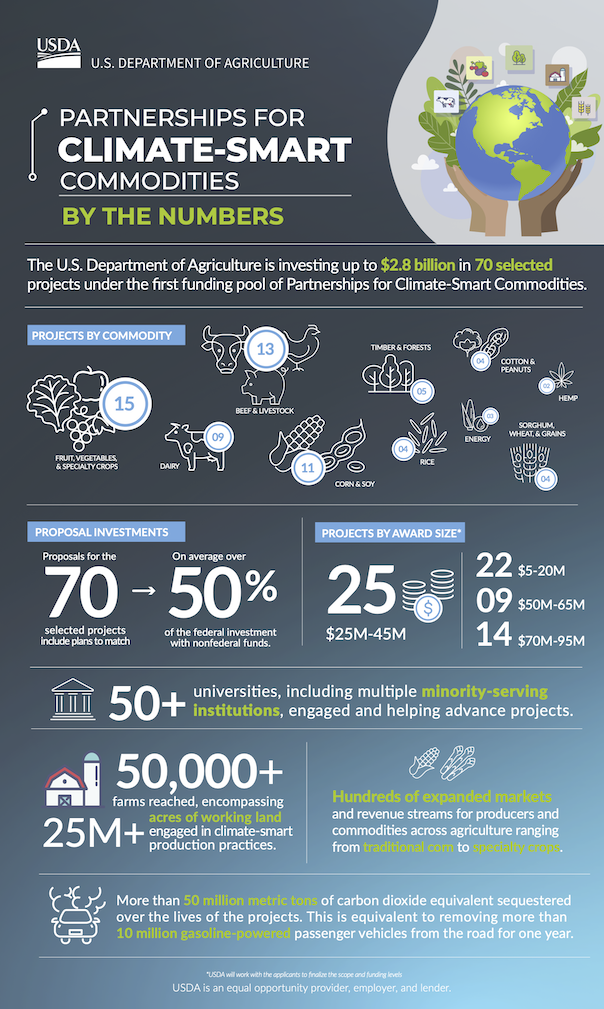

Sign up to receive our Climate-Smart Commodities Enewsletter.
Gevo believes that the Argonne National Laboratory GREET model is the best available standard of scientific-based measurement for life cycle inventory or LCI, and its subsidiary Verity uses the adaptability of GREET to measure CI and track it with immutable distributed ledger technology. “Verity Tracking will give us the ability to assign carbon-intensity scores to feedstock on a field-by-field basis and carry those results through to the final biofuel products,” Bloom says. “This grant will help us apply the best science and reward growers for making a real difference to lower GHGs of biofuels.”

“When Net-Zero 1 and other production facilities come online, the feedstocks in the program will be a key to the equation. This Partnerships for Climate-Smart Commodities grant will help ensure we count all the carbon through the entire business system and reward farmers for the good work they are doing for their low-carbon harvest.”
Dr. Patrick Gruber, CEO of Gevo, Inc.
CONTACT US DIRECTLY: To learn more about Gevo’s Climate-Smart Commodities Program, email us here.
We Have Forged Relationships with Many Innovative Partners







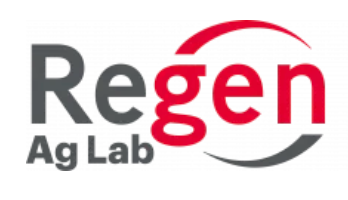


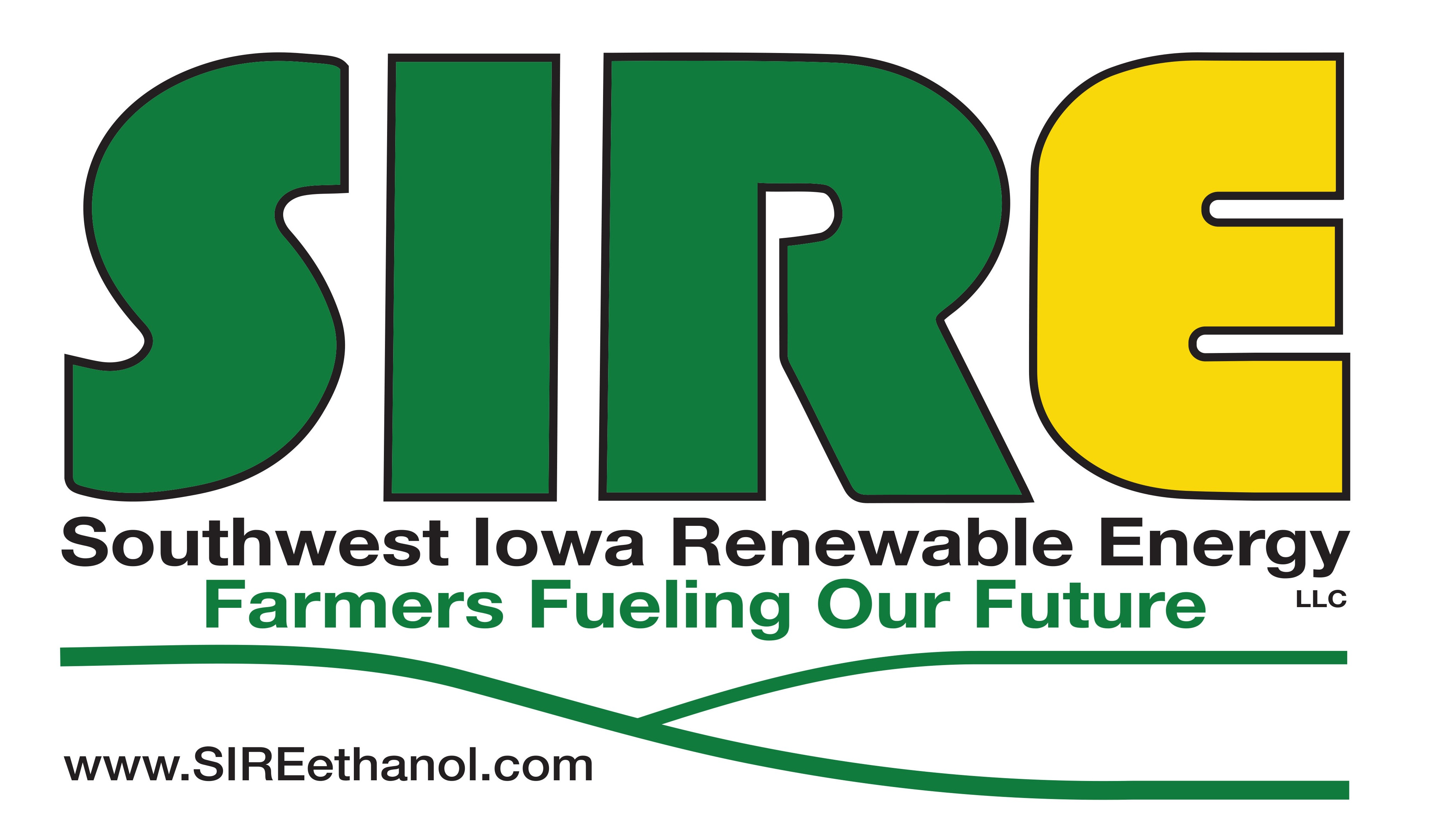


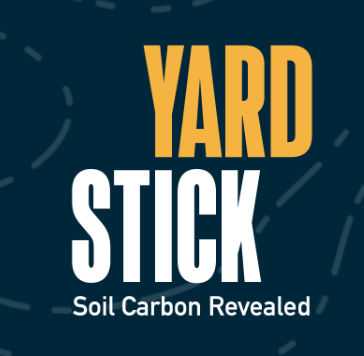
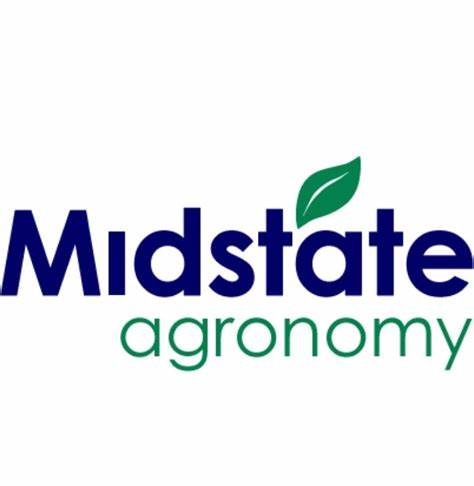
Explore the Following Program Resources

Where Is the Gevo Farm-to-Flight Program Located?
Where is the program going to find all these acres to sign up? Right now, this feedstock grower’s program designed to increase the supply of climate-smart commodities is focused on two geographic areas. Keep reading…
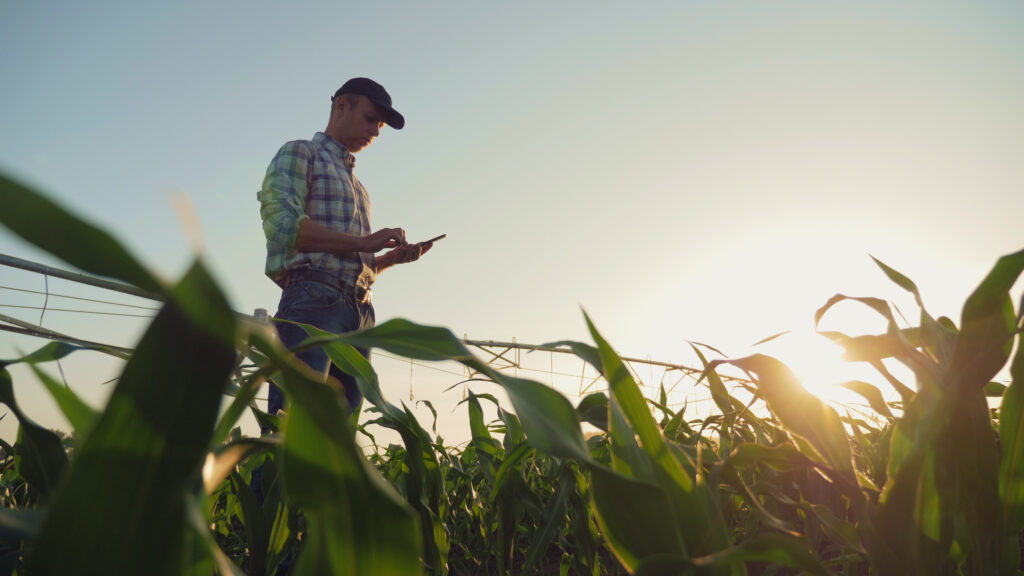
What Farmers Need to Know About the Gevo Farm-to-Flight Program
With an estimated 435,000 corn acres to be enrolled, the project uses a carbon-inset model and proprietary Verity Tracking technology to measure, record, and verify greenhouse gas attributes and will be the core feature to monetize of carbon reduction, allowing Gevo to incentivize farmers to produce of low carbon intensity corn. Keep reading…
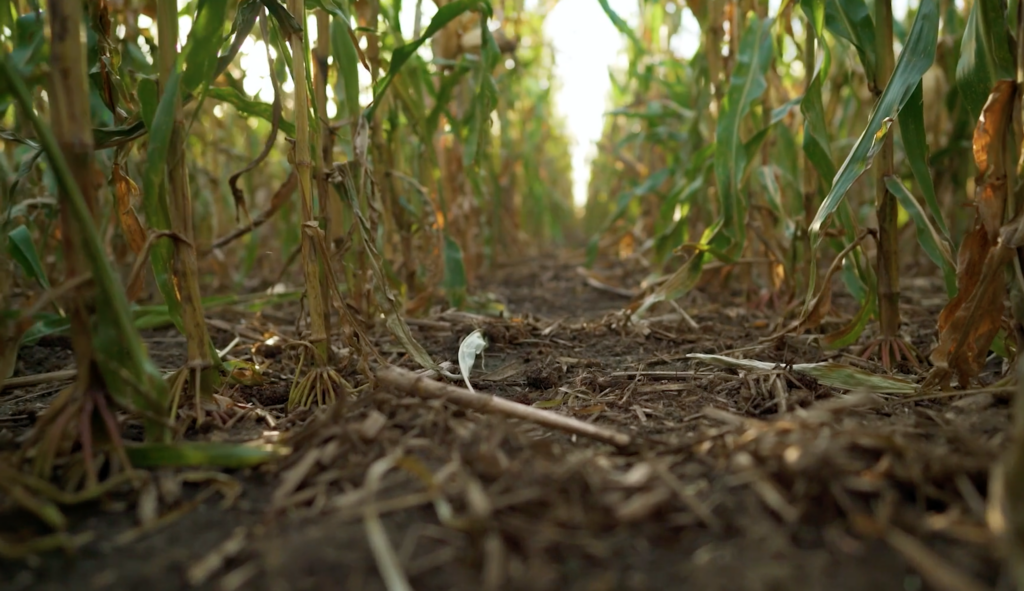
The Gevo Farm-to-Flight Program Starts in the Soil of Farmers’ Fields
By using feedstock grown on farms that use regenerative agriculture and sustainable farming techniques, Gevo starts the wheels turning on its circular economy. The idea is to produce aviation fuel that uses carbon that’s already in the atmosphere, rather than fossil carbon that is pumped out of the ground or dug up. Keep reading…
IMPORTANT:
This material is based upon work supported by the U.S. Department of Agriculture, under agreement number NR233A750004G076.
Any opinions, findings, conclusions, or recommendations expressed in this publication are those of the author(s) and do not necessarily reflect the views of the U.S. Department of Agriculture. In addition, any reference to specific brands or types of products or services does not constitute or imply an endorsement by the U.S. Department of Agriculture for those products or services.
In accordance with Federal civil rights law and U.S. Department of Agriculture (USDA) civil rights regulations and policies, the USDA, its Agencies, offices, and employees, and institutions participating in or administering USDA programs are prohibited from discriminating based on race, color, national origin, religion, sex, gender identity (including gender expression), sexual orientation, disability, age, marital status, family/parental status, income derived from a public assistance program, political beliefs, or reprisal or retaliation for prior civil rights activity, in any program or activity conducted or funded by USDA (not all bases apply to all programs). Remedies and complaint filing deadlines vary by program or incident.
Persons with disabilities who require alternative means of communication for program information (e.g., Braille, large print, audiotape, American Sign Language, etc.) should contact the responsible Agency or USDA’s TARGET Center at (202) 720-2600 (voice and TTY) or contact USDA through the Federal Relay Service at (800) 877-8339. Additionally, program information may be made available in languages other than English.
To file a program discrimination complaint, complete the USDA Program Discrimination Complaint Form, AD-3027, found online at How to File a Program Discrimination Complaint and at any USDA office or write a letter addressed to USDA and provide in the letter all of the information requested in the form. To request a copy of the complaint form, call (866) 632-9992. Submit your completed form or letter to USDA by: (1) mail: U.S. Department of Agriculture, Office of the Assistant Secretary for Civil Rights, 1400 Independence Avenue, SW, Washington, D.C. 20250-9410; (2) fax: (202) 690-7442; or (3) email: program.intake@usda.gov.
USDA is an equal opportunity provider, employer, and lender.
For more information visit the USDA Partnerships for Climate-Smart Commodities
